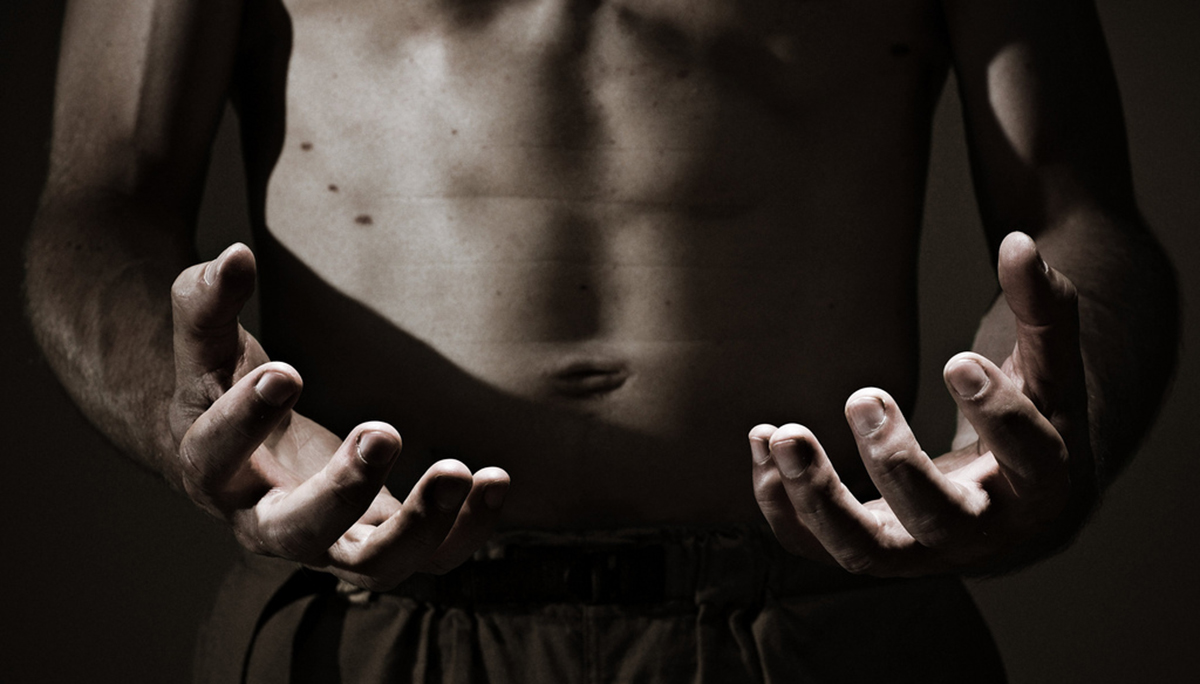Table of Contents
For a brief time, I worked for a world-renowned cardiologist who had expanded his practice to treat selected cancer patients. My boss, the author of 13 books and 300 articles in the medical journals, traveled the world telling doctors about the simple interventions that had in at least a few cases resulted in unexpected remissions from cancer. He even built a clinic over the swimming pool at his home to accommodate the patients who came to see him every day for his "alternative" treatments, all of which involved seeing your doctor, in this case, at no charge (my boss was a saint), for an hour or so daily.

In fact, you may need more medical attention when you go on a complementary treatment program than if you don't. Pursuing complementary care is saying "yes" to the best treatments available, whether or not they grew out of modern medicine. But it's important to focus on cures that have a chance of working. Here is a current list.
1. Sugar-free diet
Some of the silliest cancer information on the Internet justifies a sugar-free diet. People who have no clue about the physiology of a cancer cell opine that "cancer is a fungus," and therefore to defeat cancer one needs to deprive it of anything that a fungus would like.
All of the "cancer is a fungus" commentators are simply wrong. But that doesn't mean that sugar-free diet won't help.
The body moves sugar with insulin, and when you eat more sugar, the pancreas (assuming you aren't a diabetic), releases more insulin. Some kinds of cancer are stimulated by insulin. High bloodstream insulin levels also keep fat locked inside fat cells, and when you have cancer and you can't eat, you need to be able to tap your fat reserve. Cancer cells in a test tube seem to like sugar, but there is no direct evidence that avoiding sugar fights cancer inside the human body. But it's not a bad idea, nonetheless.
2. Massage
Massage feels good, and about 20% of cancer patients, one study says, use it as part of their treatment. Gentle massage of the hands can relieve nausea from chemotherapy, and while deep tissue massage can be a bad idea (not because it "loosens" cancer but because bones may be decalfied and britlle), gentle massage only seems to be positive. The rule is, if it feels good, it's OK. Vigorous massage may not be helpful.
3. Reiki
Most of the scientific commentators, who are unanimously critical of Reiki, don't really understand how it is supposed to work, supposing that it is a practitioner's energy field interacting with a client's energy field, but the question for cancer patients is whether or not it really works at all. There are a few studies that say yes, and a few that say no.
See Also: Hiding Cancer Under A Wig?
If you want to embrace Reiki, that's fine, but remember that the Universal Energy can also work if you are taking your scheduled medical treatments on time.
- Kushi LH, Doyle C, McCullough M, Rock CL, Demark-Wahnefried W, Bandera EV. American Cancer Society guidelines on nutrition and physical activity for cancer prevention. CACancer J Clin. 2012. 62:30-67.
- Seely DM, Weeks LC, Young S. A systematic review of integrative oncology programs. Curr Oncol. 2012.19:e436-e461.
- Photo courtesy of Thomas Sobek by Flickr: www.flickr.com/photos/tomas_sobek/4335495077
- Photo courtesy of Sanchom by Flickr: www.flickr.com/photos/sanchom/2963072255


Your thoughts on this